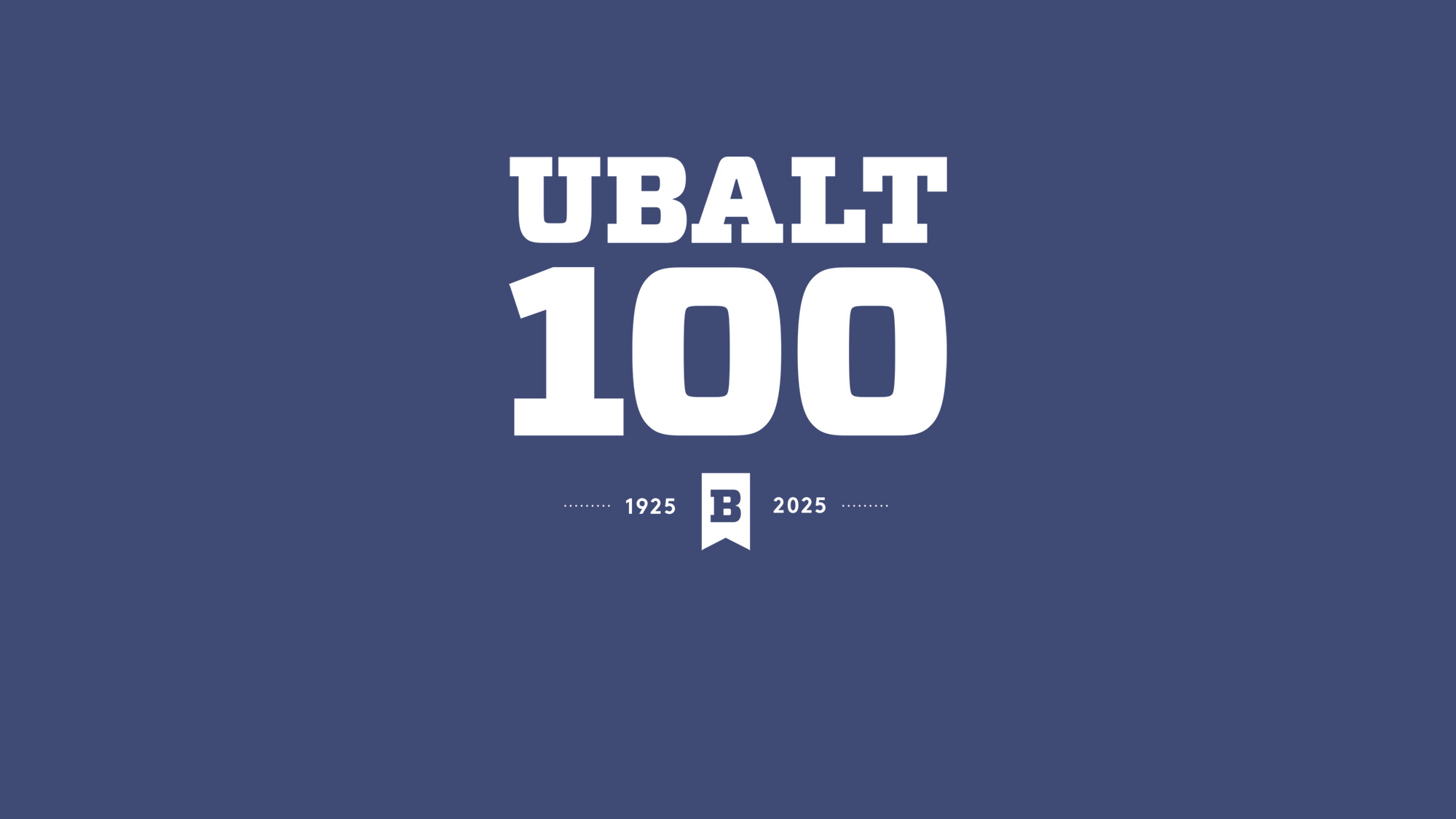Human Resource Management Specialization

Why This Specialization is For You
Be the Person who Elevates the Workplace.
At the center of successful organizations are their people. Make your mark in business while having the knowledge on how to be successful in workplace in areas like staffing, training, compensation, and laws and regulations when you specialization in Human Resource Management.
Business and Entrepreneurship
Program Type
Locations/Format
Cost
Undergraduate
Tuition & Fees
Requirements
120-credits to earn a degree:
- 38 General Education
- 27 Lower-Division Business
- 31 Upper-Division Business Core
- 15 Specialization and Electives
- Guide to Graduation
Human Resource Management Specialization
B.S. in Business Administration
Are you ready to be part of the human capital strategy of your company? Effective HR practice requires a person to think holistically about an organization's current and future needs and be able to understand the administrative, legal and financial situations of the organization.
By the Numbers
Employees NEED HR Professionals MORE THAN EVER.
The world of work is rapidly changing and Human Resource Management professionals are on the forefront of those dynamic changes. The HR manager of today and in the future will have to incorporate much more than just understanding the legalities and processes in employment.
Here are four areas currently impacting the field of Human Resource Management (HRM):
- Technological Advancements:
- AI and Automation: Automation of HR tasks like recruitment, payroll, and performance management.
- Data Analytics: Leveraging data to make data-driven decisions about workforce planning, talent acquisition, and employee engagement.
- Remote Work and Flexible Work Arrangements:
- Remote Work Policies: Developing effective policies to manage remote and hybrid workforces.
- Employee Experience: Ensuring employee engagement and well-being in remote and hybrid work environments.
- Diversity, Equity, and Inclusion (DEI):
- DEI Initiatives: Implementing strategies to promote diversity, equity, and inclusion in the workplace.
- Bias and Discrimination: Addressing issues of bias and discrimination in hiring, promotion, and compensation practices.
- Employee Well-being and Mental Health:
- Work-Life Balance: Promoting work-life balance to improve employee satisfaction and productivity.
- Mental Health Support: Providing mental health resources and support programs for employees.
What Our Graduates Do
Human resource professionals are essential to any organization where people work. Our graduates go on to work with a wide range of organizations in nearly every industry.
Common Roles
- benefits manager
- compensation manager
- corporate recruiter
- employee relations consultant
- human capital officer
WHY UBALT BUSINESS IS FOR YOU
The University of Baltimore Merrick School of Business helps you achieve your career goals. We value your real-world experience and believe it brings a valuable perspective to the classroom. Whether you’re looking to launch your career, seek a promotion or even a career change, our programs provide the support and network you need to succeed. You'll be taught by professors who aim to equip you with the skills needed in a dynamic business environment and you’ll learn alongside a diverse group of classmates, gaining from their perspectives while enriching theirs with yours.











